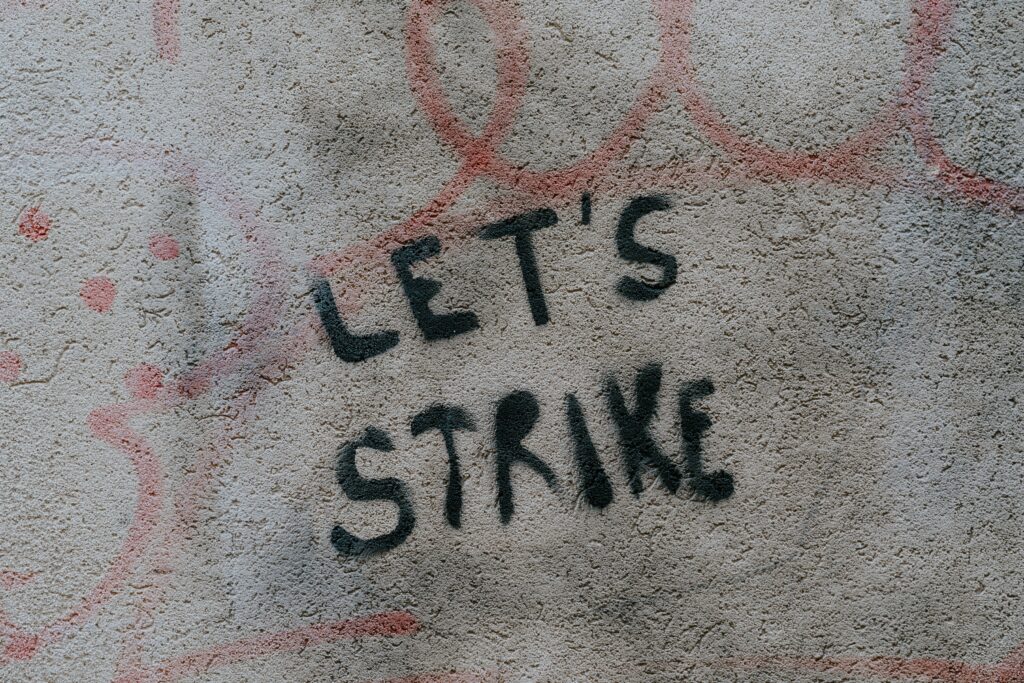The fear that artificial intelligence (AI) may compromise or replace individual creative expression has sparked an ongoing strike on behalf of the Writer’s Guild of America and the Screen Actors Guild-American Federation of Television and Radio Artists (SAG-AFTRA). The rise in AI chatbots, such as ChatGPT, function to manipulate and reconfigure human writing. In an industry that relies on the development of unique ideas, fresh content, and effective acting for movies and television, such an AI tool presents a possible or likely threat to future earned projects and potential income.
Writers and entertainers are calling for more regulation and confirmed contracts. They are attempting to advocate for the continuation of routine human labor. Specific contracts would aid to prevent Hollywood studios from exploiting the work of talented employees without ample compensation or consent. One concern held by actors, especially background actors, is the introduction of AI that can copy an image of the individual and use that likeness in future projects. Based on this proposal, the background actors would be paid for one day’s work and subsequently lose the rights to their images, now owned by the studios, and would not have the opportunity to provide input into how their likeness is creatively used.
Although the guilds are on strike, some have escalated the AI competition matter to the legal level and have filed copyright claims. Comedian Sarah Silverman and two authors, for example, have sued Meta and OpenAI, which is the company responsible for ChatGPT. The plaintiffs allege that the two companies have provided abridged versions of their books without the authors’ permission. Such a task could only be accomplished if the companies reproduced the content through technological features. The president of SAG-AFTRA, Fran Drescher, maintains her role as the face of the strike and has issued a promise that until it is confirmed in writing that their talents will not be replaced by AI, the actors union will not back down.


